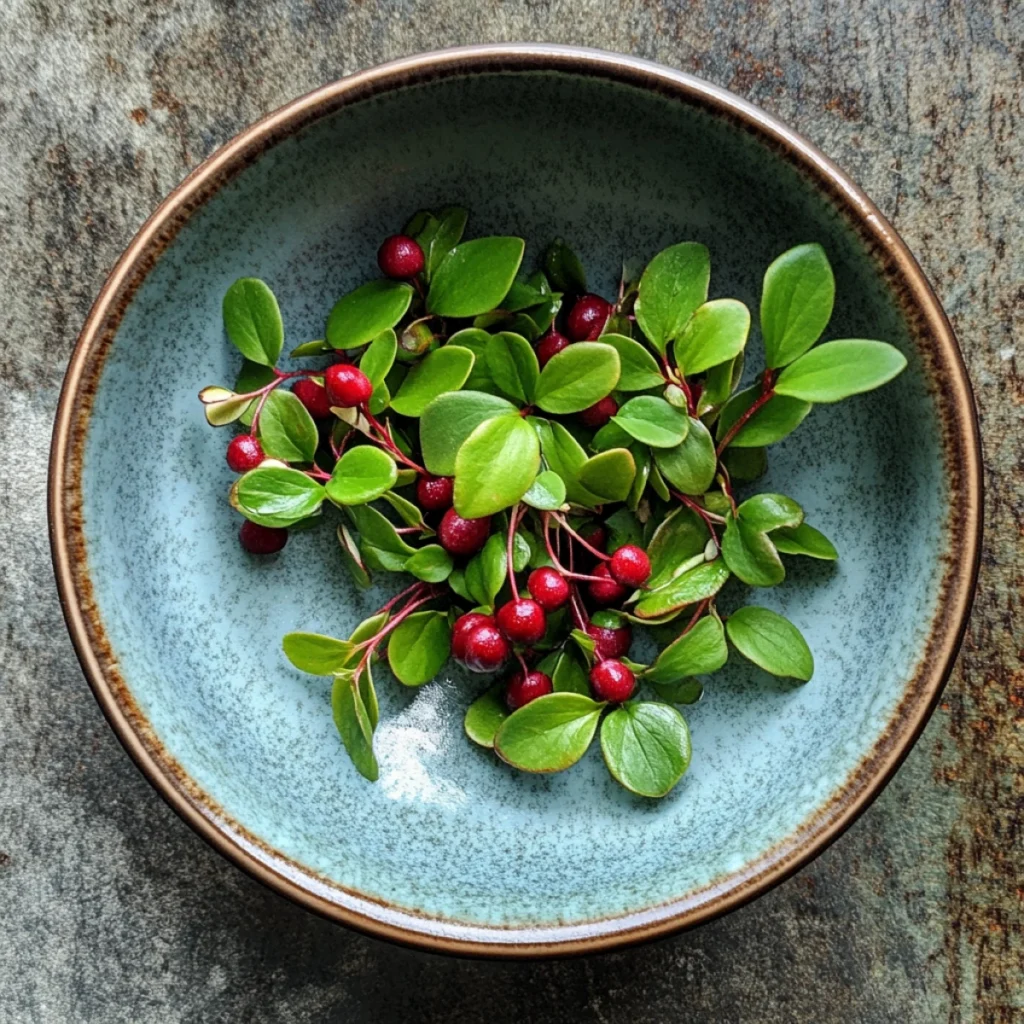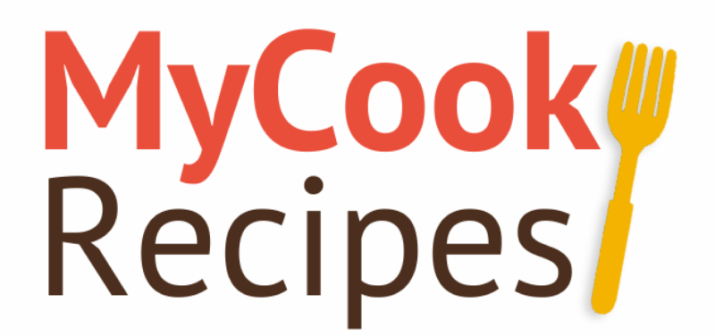
Gaultheria procumbens, commonly known as American wintergreen, teaberry, or checkerberry, is a plant widely used in traditional medicine and as a flavoring in various Is Gaultheria Procumbens Poisonous?
Gaultheria procumbens, commonly called American wintergreen, teaberry, or checkerberry, is a plant used in traditional medicine and food flavoring. While the plant offers benefits, it’s crucial to know: Is Gaultheria procumbens poisonous? The answer is yes, particularly when consumed in large quantities due to its toxic compounds.
Gaultheria procumbens contains methyl salicylate, a chemical compound similar to aspirin, which can cause harm in high doses. You can learn more about the Wintergreen Toxicity Information and find safe usage tips in the article How to Safely Use Wintergreen Oil.
What Makes Gaultheria Procumbens Toxic?
The methyl salicylate found in Gaultheria procumbens is responsible for its toxicity. While consuming small amounts may be harmless, large doses can result in harmful effects, especially for children and pets. Here’s what happens when humans and animals ingest the plant:
In Humans
When someone ingests large amounts of methyl salicylate, they may experience symptoms like nausea, vomiting, and abdominal pain. In severe cases, it can lead to respiratory failure or even coma. Always use this plant’s extracts cautiously to avoid poisoning.
In Animals
Gaultheria procumbens can also pose dangers to pets, especially dogs and cats. If an animal ingests the plant, it may exhibit symptoms like vomiting, diarrhea, and lethargy. Reach out to a vet immediately if you suspect your pet has eaten Gaultheria procumbens. You can further explore this subject in the Methyl Salicylate Toxicity study.
Uses of Gaultheria Procumbens
Despite its potential toxicity, Gaultheria procumbens has traditional uses in both culinary and medicinal contexts. Its distinct wintergreen flavor makes it a common ingredient in products such as gum and candy. Below are its common uses:
Culinary Uses
The berries of Gaultheria procumbens are edible and safe in moderation. They have a mild wintergreen flavor, often used in:
- Teaberry-flavored desserts
- Wintergreen-flavored teas
- Candy and chewing gums
Medicinal Uses
Traditionally, people extracted wintergreen oil from the leaves of Gaultheria procumbens to treat muscle aches and joint pain. However, due to the high concentration of methyl salicylate, its medicinal use today requires careful regulation.
For more ideas on how to use food products safely and sustainably, explore the article on Creative Sourdough Discard Uses.
Can You Eat Gaultheria Procumbens?
Are the Berries Safe to Eat?
Yes, the berries of Gaultheria procumbens are safe to eat in small amounts. They provide a pleasant wintergreen flavor and are often used in dishes. However, you should avoid eating large amounts of the berries, as their methyl salicylate content could lead to toxicity.
Are the Leaves Safe?
No, the leaves of Gaultheria procumbens contain much higher levels of methyl salicylate and should not be consumed raw. Eating them could cause toxic reactions. Instead, use the leaves to make wintergreen oil or tea, but always in small, controlled quantities.
For more food safety insights, check out How Do I Activate Sourdough Discard.
Medicinal vs. Toxic: Finding the Balance
While Gaultheria procumbens offers medicinal benefits, such as reducing pain and inflammation, users must exercise caution. The medicinal effects come from methyl salicylate, but the compound becomes dangerous in high doses. Here’s how you can safely enjoy its benefits:
- Use wintergreen oil only in topical applications for pain relief.
- Limit the amount of wintergreen flavor in food to safe levels.
How to Handle Gaultheria Procumbens Safely
If you grow or use Gaultheria procumbens, follow these safety tips to avoid accidental poisoning:
- Store the plant safely: Keep wintergreen oil, berries, and other plant parts out of reach of children and pets.
- Label products containing wintergreen oil: Proper labeling ensures that no one accidentally consumes it.
- Use small amounts: Always adhere to recommended dosages when using the plant’s extracts.
For more safety tips related to kitchen ingredients, read the guide on Is Baking with Sourdough Discard Healthy?.
FAQs About Gaultheria Procumbens
Is Gaultheria procumbens poisonous to humans?
Yes, especially in large doses. The plant contains methyl salicylate, which is toxic when consumed in high amounts.
Can you eat the berries of Gaultheria procumbens?
Yes, the berries are edible in small quantities and offer a mild wintergreen flavor.
Is Gaultheria procumbens poisonous to pets?
Yes, this plant can harm pets like dogs and cats, particularly if they ingest its leaves or oil. Contact a veterinarian if your pet ingests it.
Conclusion: Is Gaultheria Procumbens Safe?
Gaultheria procumbens can be safe when handled and consumed in moderation. The berries are edible, but the leaves and wintergreen oil should be used cautiously. Always follow dosage recommendations and keep the plant away from children and pets to avoid any harmful consequences.
For more detailed information on the safety of wintergreen and similar plants, check out Wintergreen Toxicity Information. To learn how to use wintergreen oil safely, refer to the article How to Safely Use Wintergreen Oil.
